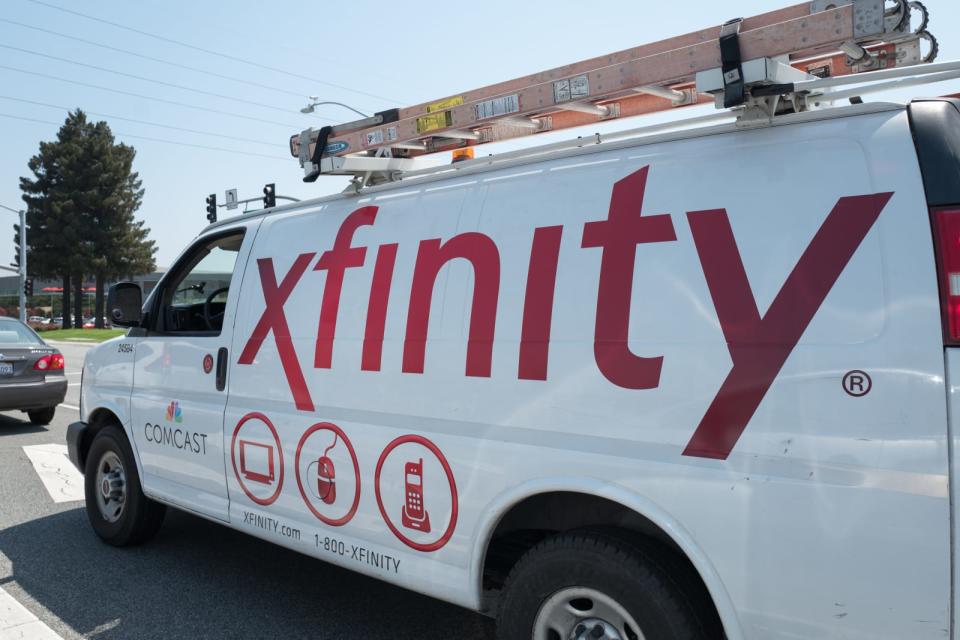Comcast accused of enrolling customers in programs without consent
And you thought cancelling service was difficult.

Subscribe to cable service for long enough and you'll probably run into lousy customer service at some point, whether it's technicians who don't show up on time or phone reps that won't let you cancel. However, Comcast's behavior in Washington might take the cake. The state's Attorney General has filed an amended complaint alleging that Comcast subscribed more than half of its Service Protection Plan customers without consent since the option was first available in 2011. It frequently enrolled customers without even mentioning the plan, according to the lawsuit, but the worst was when it did -- employees reportedly claimed the $6 monthly service was free, and would even sign people up after they'd explicitly refused it.
To make matters worse, the Attorney General's office added that the plan in question did... well, nothing. It was supposed to reduce the cost of repairs, but it excluded in-wall wiring and outdoor wiring -- you know, a large portion of the service. As the Attorney General explained, all it really did was cover the technician coming to tell you that your equipment was broken.
Comcast denied doing anything wrong in a statement to Ars Technica, and said that it "strongly disagree[s]" with the Washington AG's assertions. It maintained that the plan covered "virtually all charges over 99 percent of the time," and that the lawsuit is based on a "flawed methodology and assumptions."
However, the company hasn't exactly gone to great lengths to provide evidence. The Attorney General's Office said that Comcast has repeatedly refused to provide call recordings, and later admitted that it had deleted 90 percent of calls after it had been told to preserve them. Washington's lawsuit is based in part on samples that supported accusations of deceptive practices.
Whoever's telling the truth, this practice wouldn't come out of the blue. Telecoms are notorious for including below-the-line fees that mask the true cost of service. However, it's rare that they're so audacious in those attempts that they charge you for services you didn't want. If the lawsuit is successful, it could serve as a warning shot that deters other telcos.
